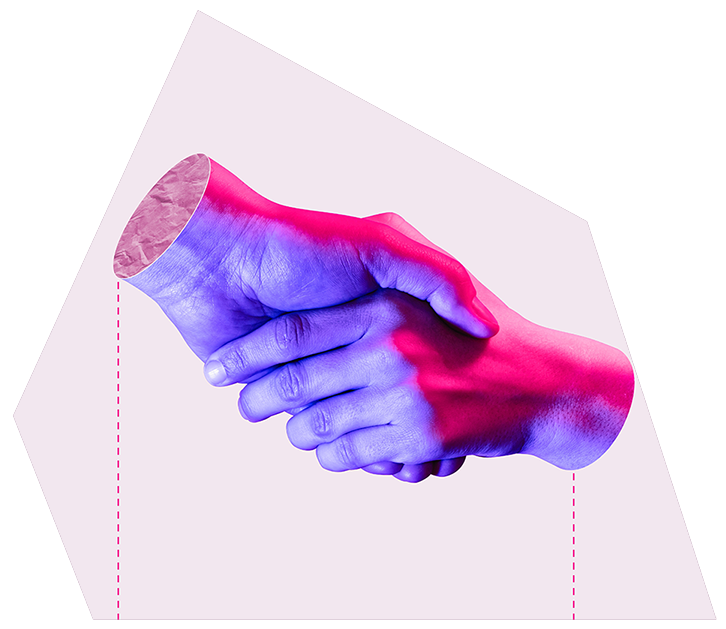Investing in stakeholder relationships is personal to me. As a procurement professional, I am passionate about and invested in delivering outstanding outcomes for our Australian Government clients through practical and innovative procurement strategies.
In a career spanning over 20 years across multiple organisations in the public and private sectors, both in Australia and overseas, I have been fortunate to lead cross-functional and multi-disciplinary teams across all aspects of the sourcing lifecycle, including the planning and preparation of approach to market documentation, probity and governance documents, evaluation of responses, financial analysis, contract negotiations, and contract management.
In my experience, and from a procurement perspective, the most successful business outcomes are the ones based on strong relationships. It is about investing in building relationships with people, collaborating and communicating with client teams and suppliers in order to gain an understanding of the needs to be met to achieve the expected outcomes. Here are some reasons why stakeholder relationships are personal to me.
- Better understanding of the client's needs: in my experience, understanding the client's needs is crucial for providing high-quality service and building strong relationships with them. It helps you to deliver exactly why they expect, build trust and confidence in your abilities and services. Understanding the client's needs enables you to identify the root cause of their specific challenges and develop effective solutions that address their specific needs and requirements. It also helps you to anticipate potential issues and provide proactive support. Meeting their expectations also increases the likelihood of repeat business and referrals.
- Improved supplier relationships: Building personal relationships with suppliers allows you to gain a deeper understanding of their products, services, and capabilities. This helps in identifying potential areas of improvement and working collaboratively to drive innovation and continuous improvement.
- Better communication: open and honest communication and collaboration between you, suppliers and internal stakeholders can help ensure requirements are clearly communicated, reduce misunderstanding, and improve the flow of information between parties.
- Enhanced trust and commitment: Building trust and commitment between parties is essential in any commercial relationship. When suppliers and stakeholders trust you as a procurement professional, they are more likely to be committed to the procurement process and take a more proactive role in ensuring its success.
- Greater flexibility: The personal approach allows you to be more flexible, taking into account client preferences and working with suppliers to prioritise their needs. This helps in establishing a strong working relationship and building rapport with suppliers, which can lead to better pricing, improved service levels, and increased overall.
- Reduced risks and costs: A personal approach can help reduce risks and costs. By understanding suppliers' capabilities and strengths, I found that you can make better decisions, reducing the likelihood of delivery issues or other problems that can impact product quality, delivery times, or overall costs.
Overall, investing time and effort in getting to know people in a professional setting is essential because it can lead to improved client and supplier relationships, better communication, enhanced trust and commitment, greater flexibility, and reduced risks and costs. By focusing on the needs of stakeholders, suppliers, and other parties involved in the procurement process, the procurement professional can build more effective and successful strategies to meet the client's needs.

